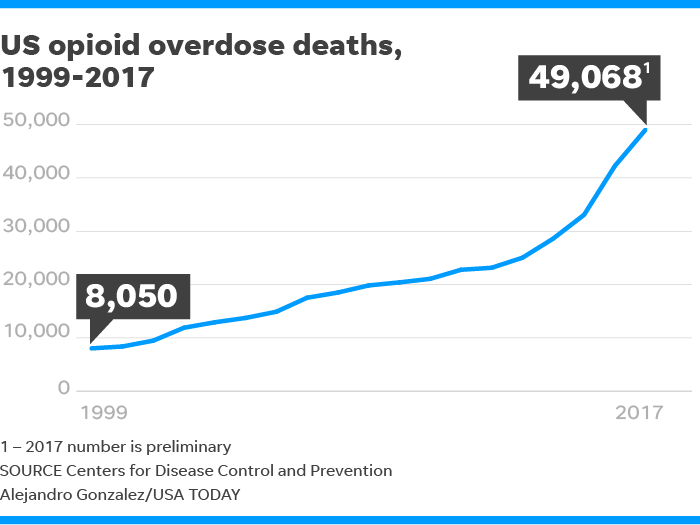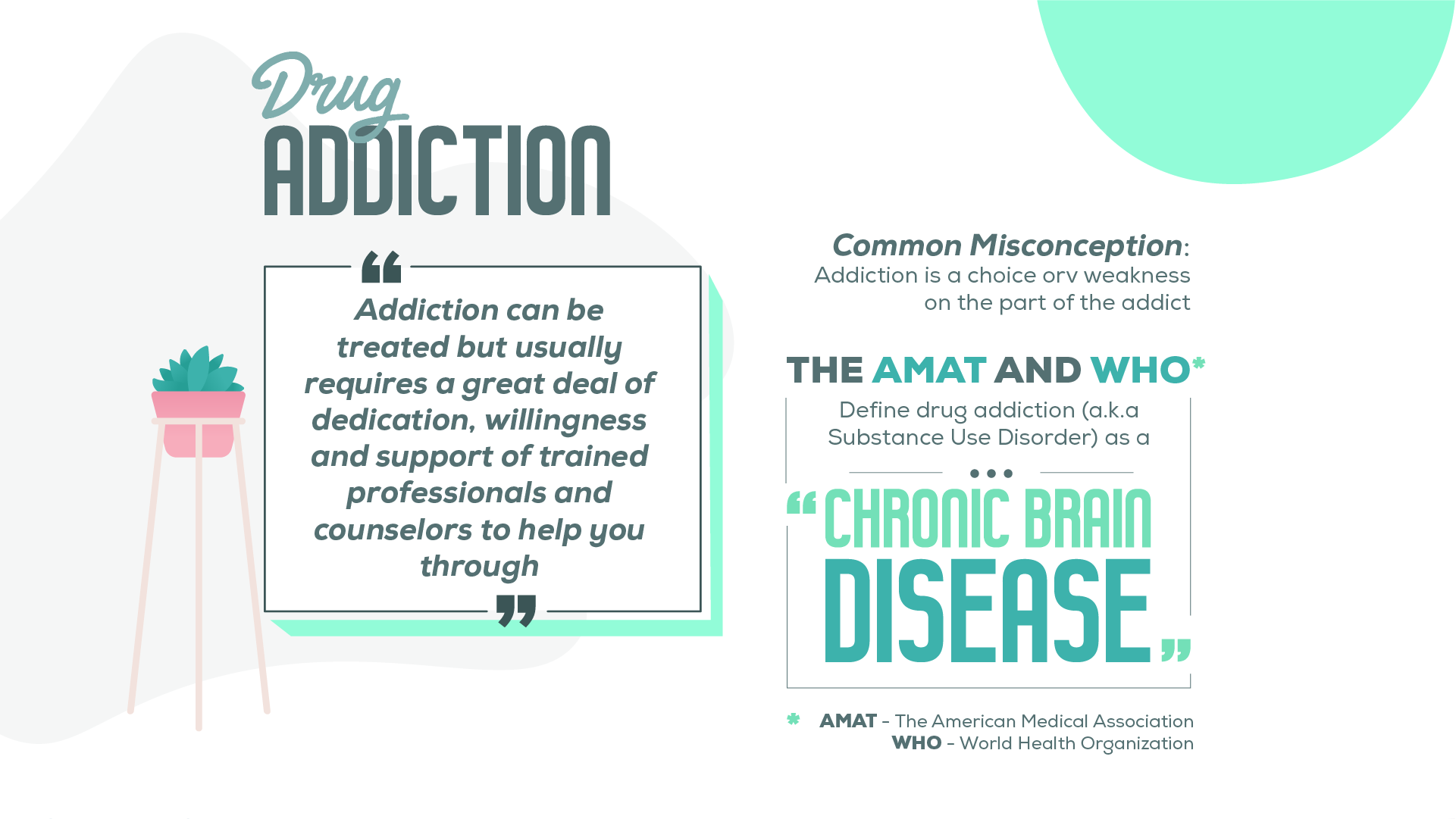Healing real estate can help individuals make the transition to an independent lifefor example, assisting them learn how to handle finances or seek employment, as well as connecting them to support services in the community. Scientific research study considering that the mid-1970s shows that substance abuse treatment can help lots of drug-using wrongdoers alter their mindsets, beliefs, and behaviors towards drug abuse; avoid relapse; and successfully remove themselves from a life of substance abuse and criminal activity.
However, lots of offenders do not have access to the kinds of services they need. Treatment that is of bad quality or is not well suited to the requirements of wrongdoers might not be effective at lowering drug usage and criminal behavior. In addition to the basic principles of treatment, some factors to consider specific to transgressors include the following: Treatment ought to include advancement of particular cognitive abilities to assist the wrongdoer change attitudes and beliefs that cause substance abuse and criminal offense, such as feeling entitled to have things one's own way or not understanding the repercussions of one's behavior.
Treatment planning need to include customized services within the reformatory in addition to shift to community-based treatment after http://zanegfpp795.tearosediner.net/the-only-guide-for-how-does-society-view-drug-and-alcohol-addiction-treatment release. Ongoing coordination in between treatment suppliers and courts or parole and probation officers is very important in addressing the complicated needs of wrongdoers re-entering society. Substance abuse alters the function of the brain, and many things can "set off" drug yearnings within the brain.
According to SAMHSA's National Survey on Substance Abuse and Health, 22.5 million people (8.5 percent of the U.S. population) aged 12 or older needed treatment for an illicit * drug or alcohol use problem in 2014. Only 4.2 million (18.5 percent of those who required treatment) got any compound usage treatment in the same year.
* The term "illicit" refers to using prohibited drugs, including cannabis according to federal law, and abuse of prescription medications. Drug addiction can be treated, however it's not simple. Dependency treatment need to help the individual do the following: stop utilizing drugs remain drug-free be efficient in the household, at work, and in society Effective treatment has several steps: detoxification behavioral counseling medication (for opioid, tobacco, or alcohol dependency) assessment and treatment for co-occurring mental health concerns such as depression and anxiety long-term follow-up to avoid relapse Medications and devices can be used to manage withdrawal symptoms, avoid regression, and treat co-occurring conditions.
Some Ideas on What’s The Difference Between Iop And Outpatient Addiction Treatment? You Should Know
Nevertheless, lots of transgressors do not have access to the types of services they require. For more details about drug dependency treatment, see: www (what does cs stand for in clinical director addiction treatment).drugabuse.gov/publications/principles-drug-addiction-treatment-research-based-guide-third-edition For information about drug addiction treatment in the criminal justice system, see: www.drugabuse.gov/publications/principles-drug-abuse-treatment-criminal-justice-populations For step-by-step guides for people who think they or a loved one may require treatment, check out: www.drugabuse.gov/related-topics/treatment Easy-to-Read Drug Facts on Treatment - Has photos and videos to help readers comprehend the text.

Center for Behavioral Health Statistics and Quality (CBSHQ). 2014 National Study on Substance Abuse and Health: In-depth Tables. Rockville, MD: Substance Abuse and Mental Health Providers Administration; 2015. Substance Abuse and Mental Health Providers Administration (SAMHSA). National Study of Substance Abuse Treatment Services (N-SSATS): 2013. Data on Substance Abuse Treatment Facilities.
HHS Publication No. (SMA) 14-489. BHSIS Series S-73. This publication is offered for your usage and may be replicated without approval from NIDA. Citation of the source is appreciated, utilizing the following language: Source: National Institute on Substance Abuse; National Institutes of Health; U.S. Department of Health and Person Providers.
Drug treatment is intended to help addicted individuals stop compulsive drug seeking and use. Treatment can happen in a range of settings, take lots of different forms, and last for different lengths of time. Due to the fact that drug dependency is usually a chronic condition characterized by occasional regressions, a short-term, one-time treatment is generally not sufficient.
There are a range of evidence-based methods to dealing with addiction. Drug treatment can include behavioral treatment (such as cognitive-behavioral treatment or contingency management), medications, or their combination. peer-review articles on how to create personal model for addiction treatment. The specific type of treatment or mix of treatments will vary depending on the client's specific needs and, frequently, on the types of drugs they utilize.
Indicators on Who Needs To Go Through Alcohol Or Drug Addiction Treatment Program After First Dui You Should Know
Disulfiram, acamprosate, and naltrexone are medications available for dealing with alcohol reliance,1 which frequently co-occurs with other drug addictions, including addiction to prescription medications. Treatments for prescription substance abuse tend to be comparable to those for illicit drugs that affect the same brain systems. For example, buprenorphine, utilized to treat heroin addiction, can likewise be utilized to deal with addiction to opioid discomfort medications.
Behavioral therapies can help encourage people to take part in drug treatment, offer strategies for dealing with drug cravings, teach methods to prevent drugs and avoid regression, and help individuals deal with regression if it happens. Behavioral treatments can also assist individuals enhance communication, relationship, and parenting skills, in addition to household characteristics.
Group treatment can offer social support and aid implement behavioral contingencies that promote abstinence and a non-drug-using way of life. A few of the more established behavioral treatments, such as contingency management and cognitive-behavioral therapy, are likewise being adjusted for group settings to improve performance and cost-effectiveness. However, particularly in adolescents, there can likewise be a danger of unintended hazardous (or iatrogenic) results of group treatmentsometimes group members (particularly groups of extremely overdue youth) can enhance drug use and thus hinder the function of the treatment.
Since they deal with different aspects of addiction, mixes of behavior modifications and medications (when offered) typically appear to be more efficient than either technique utilized alone. Lastly, people who are addicted to drugs often experience other health (e.g., depression, HIV), occupational, legal, familial, and social issues that ought to be dealt with Website link concurrently.
Psychedelic medications, such as antidepressants, anti-anxiety representatives, state of mind stabilizers, and antipsychotic medications, may be important for treatment success when clients have co-occurring mental illness such as depression, anxiety disorders (including trauma), bipolar affective disorder, or schizophrenia. In addition, most individuals with extreme addiction abuse multiple drugs and need treatment for all substances abused.
More About What Are The Principles Of Addiction Treatment?
For numerous people, the very first action towards healing is acknowledging their individual struggle with substance dependence. The next action is discovering a treatment program that can assist restore their total health, well-being and happiness. There are numerous treatment options an individual can select from. For example, some people with serious types of addiction go into a detox program before transitioning into rehab.
After treatment, it is advised to continue strengthening the lessons discovered in rehabilitation by attending support groups and therapy sessions. Keep in mind: there is no such thing as a "one-size-fits-all" technique to addiction recovery. Whichever treatment course you select, be sure that it has whatever you require to assist you achieve an effective recovery.
It will take a substantial amount of determination and self-discipline to accomplish and maintain long-lasting sobriety. However, you're never alone on this journey. During rehab, you'll build strong relationships with others in recovery who Addiction Treatment Center can associate with what you're going through. In addition, your family, pals and other enjoyed ones have your benefits at heart during this time.

Discover the methods dependency is dealt with listed below to better understand what lies ahead. Treatment programs are different for each individual and can be personalized based upon their distinct needs and scenarios. The most reliable kinds of treatment programs make sure that individuals in healing are actively involved every action of the method.